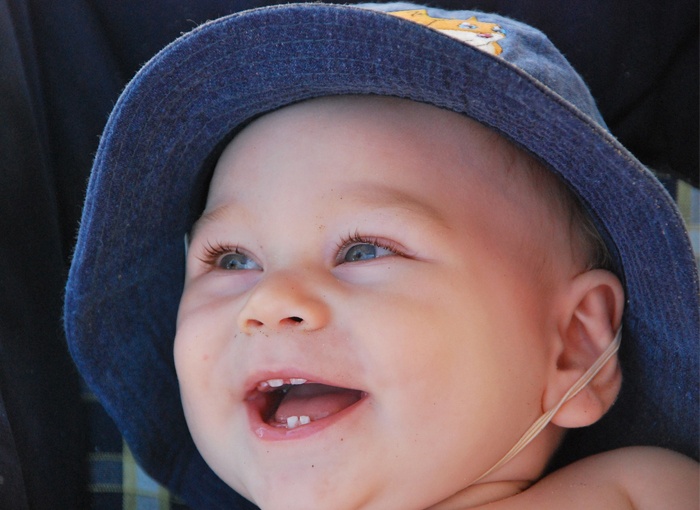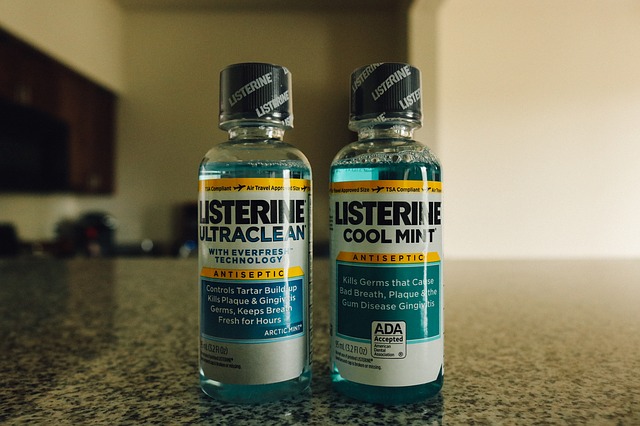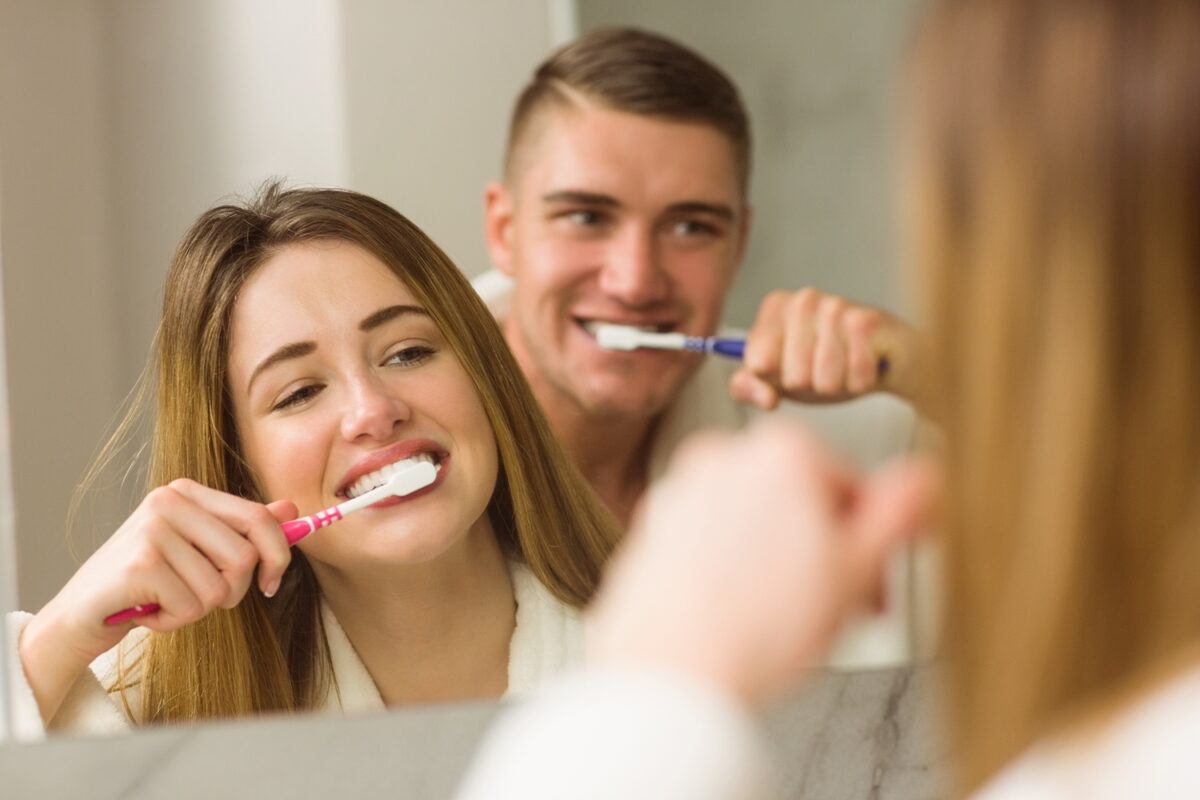Every parent is excited when it comes to encountering their child’s first tooth. Well, the interesting fact is teeth start to develop in the womb itself but are visible months after the birth. The first pair of primary teeth appear at the age of 6 months and stay as the only couple of teeth present till the child turns two, followed by the eruption of other baby teeth.
Tooth eruption timeline covers the complete chronology of the eruption of a child’s teeth from the first tooth to the permanent molars.
When do primary and permanent teeth erupt and fall out?
Primary teeth, also known as baby teeth, start appearing six months after birth. They are 20 in number, and the first teeth to emerge are the lower central incisors, which appear between 6-10 months of age. Now, the timing of eruption may vary from child to child. Still, the general timeline for the eruption is given below:
- Upper central incisors- 6 to 12 months
- Upper lateral incisors- 9 to 13 months
- Upper canine- 16 to 22 months
- Upper first molar- 13 to 19 months
- Upper second molar- 25 to 33 months
- Lower second molar-21 to 31 months
- Lower first molar- 14 to 18 months
- Lower canine – 17 to 23 months
- Lower lateral incisors- 10 to 16 months
- Lower central incisors- 6 to 10 months
These primary teeth fall out between six to twelve years of age, and then the permanent teeth erupt. Plus, the thumb rule is that for every six months, approx. Four teeth erupt.
Note- The above list shows that:
The upper teeth tend to appear earlier than the lower teeth. However, lower central and second molars are an exception.
All the primary teeth appear between 3 years of age to 7 years of age.
Now coming to the permanent teeth, also called adult teeth, they are 32 in number. The timeline of their eruption is:
- Upper central incisors- 7 to 8 years
- Upper lateral incisors- 8 to 9 years
- Upper canines- 11 to 12 years
- Upper first premolars- 10 to 11 years
- Upper second premolars- 10 to 12 years
- Upper first premolars- 6 to 7 years
- Upper second molars- 12 to 13 years
- Upper third molars( wisdom teeth) – 17 to 21 years
- Lower central incisors- 6 to 7 years
- Lower lateral incisors- 7 to 8 years
- Lower canines- 9 to 10 years
- Lower first premolars- 10 to 12 years
- Lower second premolars- 11 to 12 years
- Lower first molars- 6 to 7 years
- Lower second molars- 11 to 13 years
- Lower third molars( wisdom teeth)- 17 to 21 years
Now, many people think that baby teeth exist only for a short period, so why is caring for them necessary? Well, the answer to this query can be concluded with knowing the purpose that these 20 baby teeth serve:
- They assist in creating an appearance.
- They reserve spaces for the permanent teeth.
- Their health is the base for the health of the permanent teeth.
- They assist in developing a clear speech of the child.
Though the eruption time may have variations of 3-4months from person to person, you can use the above-mentioned general eruption chart to have an idea and make the necessary preparations for the desired care of the teeth appearing shortly after the baby is born.
Book Appointment to find out which treatment might be best for you.



